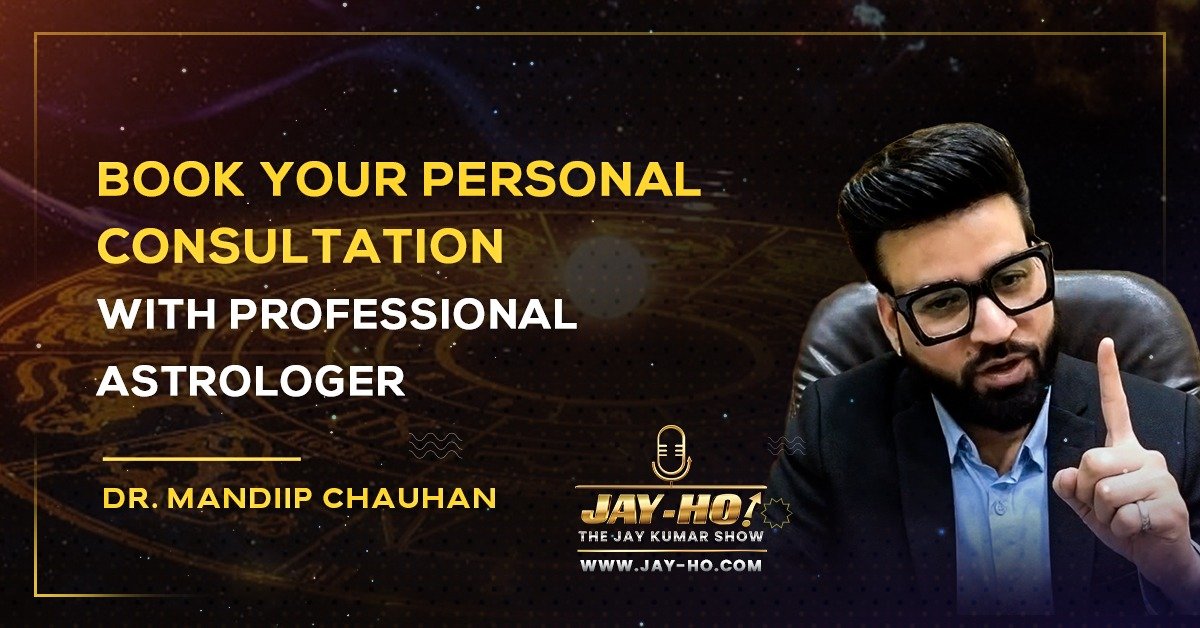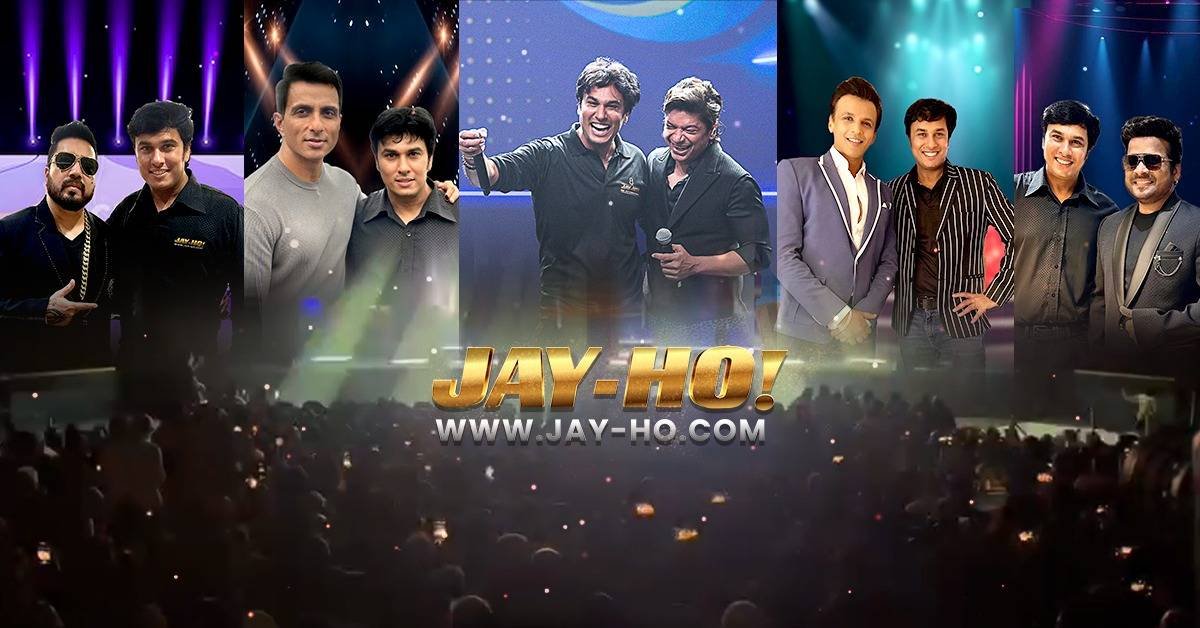“Ishq Vishk Rebound,” touted as a spiritual sequel to the 2003 hit “Ishq Vishk,” attempts to navigate the complexities of modern relationships with a mix of romance and confusion. Directed by Dharmadhikari, the film introduces us to a trio of friends — Raghav (Rohit Saraf), Sanya (Pashmina Roshan), and Sahir (Jibraan Khan) — whose lives intertwine in unexpected ways, reminiscent of the classic Bollywood trope of friends-turned-lovers.
The storyline unfolds as Raghav, an aspiring writer, finds himself entangled in a love triangle when Sanya and Sahir, his best friends, go through a breakup. Amidst the emotional turmoil, Raghav inadvertently becomes the confidant for both Sanya and Sahir, complicating his own budding romance with Riya (Naila Grewal). The narrative attempts to capture the uncertainties and indecisiveness of modern-day relationships, but often falls short in delivering a cohesive storyline that resonates deeply.
Clocking in at a concise 106 minutes, “Ishq Vishk Rebound” struggles to maintain engagement despite its brevity. The screenplay, co-written by Dharmadhikari and a team of writers, including Dr. Vinay Chhawal, Vaishali Naik, Ketan Pedgaonkar, and Akarsh Khurana, appears disjointed at times. Each character seems to bear the imprint of multiple writers, resulting in patchy dialogues and a lack of narrative flow. While attempting to inject humor, the film fails to deliver memorable comedic moments, relying instead on clichéd lines and predictable scenarios.
Depth of Characterization and Themes Explored
For a film targeting the Gen Z audience, “Ishq Vishk Rebound” misses opportunities to delve deeper into the emotional journeys of its characters. The rapid pace at which Sanya moves on from Sahir to Raghav remains underexplored, leaving viewers questioning the authenticity of her emotional transitions. Despite addressing themes like letting go and the complexities of family dynamics, the film often skims the surface, opting for superficial portrayals rather than nuanced exploration.
Amidst the main storyline’s shortcomings, “Ishq Vishk Rebound” shines in its portrayal of secondary characters and their backstories. Sanya’s relationship with her divorced parents, depicted through poignant moments with her mother (Supriya Pilgaonkar), adds layers of depth to her character. Similarly, Sahir’s struggle to reconcile with his ex-army father’s expectations provides a glimpse into generational conflicts and personal growth. These side narratives offer compelling insights into familial dynamics, contrasting with the film’s primary focus on romantic entanglements.
Visually, “Ishq Vishk Rebound” captures scenic moments that complement its youthful vibe, albeit without introducing new elements to redefine the genre. The film maintains a familiar aesthetic and vocabulary, adhering to traditional Bollywood romance tropes without innovation. While attempting to portray the dilemmas faced by modern couples, it remains entrenched in conventional storytelling methods, failing to resonate as a contemporary portrayal of romance and personal growth.
Ishq Vishk Rebound
Ishq Vishk Rebound falls short of surpassing its predecessor or making a significant impact in the rom-com genre. While it offers moments of light-hearted entertainment and fleeting charm, the film struggles to provide meaningful closure or resonate on a deeper emotional level. The cast’s efforts to breathe life into their characters are commendable, yet hindered by a screenplay that lacks coherence and thematic depth. As audiences navigate through the whirlwind of confusion and superficial resolutions, there remains a sense of unfulfilled potential that prevents the film from achieving its intended impact
“Ishq Vishk Rebound” remains an easy-breezy watch for those seeking a dose of romantic escapism, but it ultimately leaves viewers craving a more substantial narrative and character development. As Pashmina Roshan’s character aptly remarks, there’s maturity in the story, yet room for growth and clarity in its execution. For the creators behind “Ishq Vishk Rebound,” this sentiment echoes a potential for future endeavors to refine and strengthen their storytelling prowess, offering audiences a more cohesive and resonant cinematic experience.























